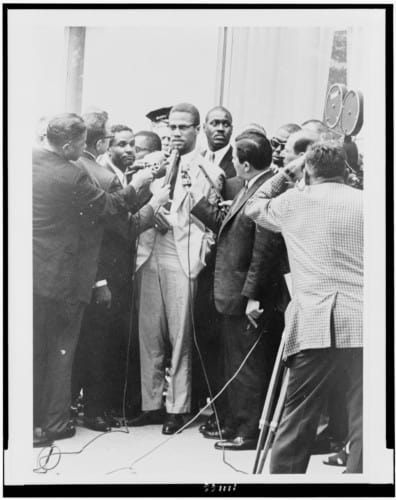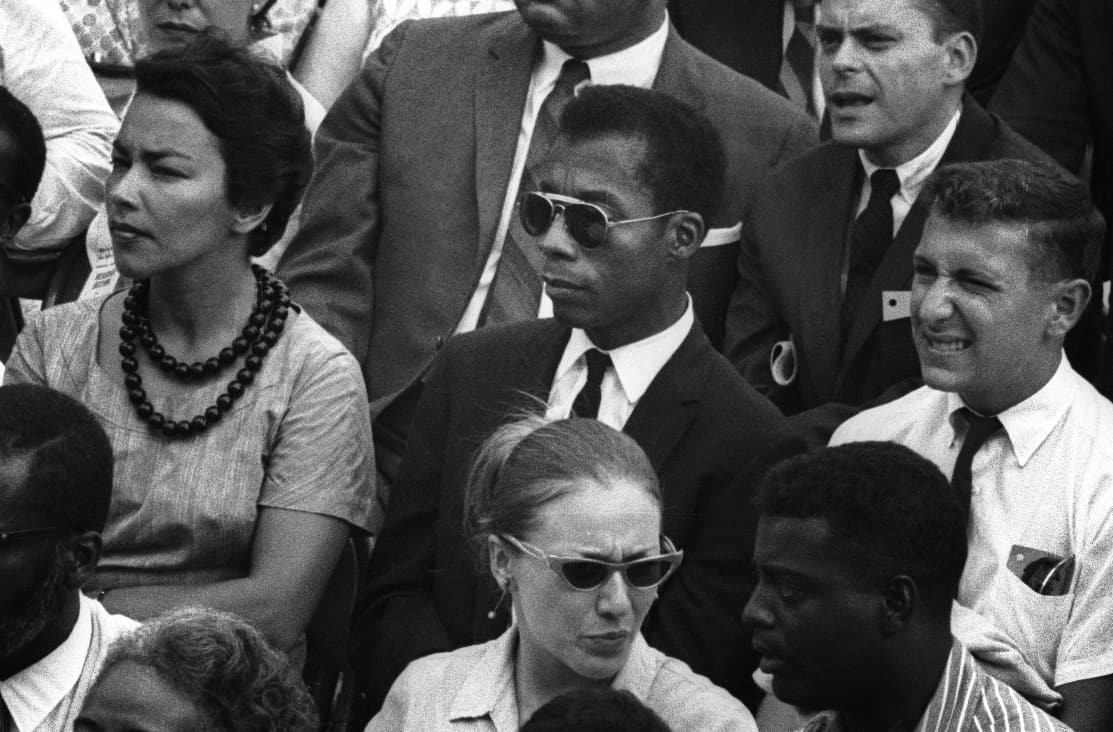Being a Black person in 21st century western civilization – I gotta tell you – I’m finding my emotional and psychological tank on serious overload. While I’m filled with joy and happiness in our collective successes and triumphs against racial prejudice, I’m also overrun with immense sadness and helplessness and am heavily perplexed by the trauma of the past and present. I’m sure many people with a soul – regardless of race – feel the same way.
Contemporary storytelling, like that of the critically acclaimed Black in America film, has been so pivotal in shining light on issues that are infrequently depicted and in need of attention. Such stories give us all some semblance of healing and reconciliation.
Last year was unapologetically triumphant for Black American perspectives on screen. Among the head of the class were Fences, Hidden Figures, Moonlight, and 13th – all with deserved podium time. The scope of contemplative narratives are perhaps enough to trend a #OscarsNOTsoWhite social hashtag this time around. Hopefully the wave will continue after all the trophies are handed out.
Quieter in its adulation, though not absent in commanding audience fanfare, is the Oscar-nominated documentary film I Am Not Your Negro, which will be released in Canadian theatres this Friday. Directed by Haitian filmmaker Raoul Peck, the film truly is a must see based on its story treatment alone; an unfinished manuscript by late writer and political activist James Baldwin serves as the film’s foundation and driving force.
In 1979, Baldwin wrote the above-mentioned manuscript as an explanation to why he couldn’t do what was being asked of him at the time – to produce a personal recollection and analysis of civil rights leaders Medgar Evers, Malcolm X and Martin Luther King Jr., all with whom Baldwin shared the political and social arena in the 50s and 60s Jim Crow era. The film breaks down and illustrates the many layers in Baldwin’s reasoning and becomes an ultimate examination of the history of racism in America.

Malcolm X with reporters in I AM NOT YOUR NEGRO, a Magnolia Pictures release. Photo courtesy of Magnolia Pictures. Photo Credit: © Herman Hiller, all rights reserved.
One insight I gained from the film was just how close in kinship Baldwin was with all three leaders during their influential stances against racial segregation in America, and at the time of their murders. The conflict of interest Baldwin faced must have been so immense when he was asked to write about them, not only as a social commentator, but as a Black man himself who was affected by and held friendships with the very leaders that stood at the forefront of resisting violence against Black civil liberty. The film takes off into a journey of brilliant patchwork by Raoul Peck in lining up Baldwin’s evaluation around it all.
Samuel L. Jackson narrates in the voice of Baldwin and does a hauntingly seamless job of it. Peck visually complements Jackson’s read through the use of both beautiful and disturbing archive footage (from the classically romanticized Golden Age of Hollywood to the horrid exploitation and mass racial violence in America, past and present). There’s also heavy archival use of Baldwin himself in past interviews.
The film directly complements Baldwin’s prose, so much so that you forget Baldwin is no longer here (he died in 1987). It’s the timeliness of his social commentary matched with Peck’s impeccable job at creating an archival thread that this film really grabs your attention.
Also touching for me was the subtle focus on Baldwin himself. A self-professed outsider, you can really see that he was a reluctant hero, thrust into the spotlight at the height of racism in America, and heralded by many as a neutral pundit for his groundbreaking insight into how those tensions played in the fraying American fabric. Also viewed as a threat, Baldwin was watched carefully by the FBI. The person and the public figure he was is one of the more fascinating aspects of the film that I wish could have been explored a little more.
The scars of America’s past are simply heartbreaking. After watching I Am Not Your Negro, I couldn’t help but recall November 8, 2016 when the world watched that electoral map of the United States sweep red. It made me wonder what Baldwin would say now if he were alive, what he would say about the travel bans, immigration raids, no-fly lists and construction orders for divisive walls to “make America great again.” I imagine he’d recite one encompassing thought he’s been known for and that’s quantified in the film: “Not everything that is faced can be changed, but nothing can be changed until it is faced.”
Words have never rung truer.
I Am Not Your Negro opens in Canadian theatres this Friday. Let’s give it the attention it deserves.




 Follow Us On Instagram
Follow Us On Instagram
